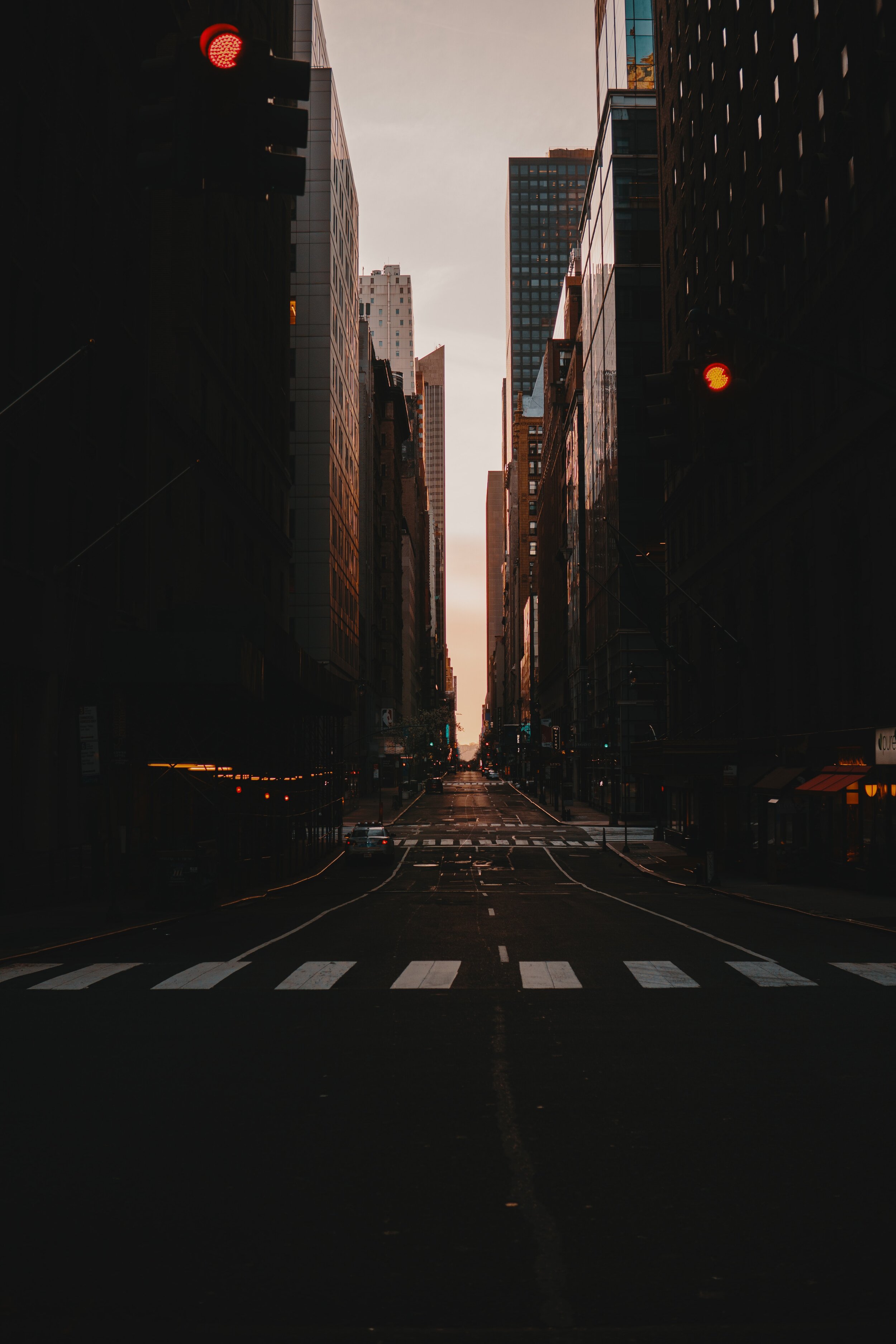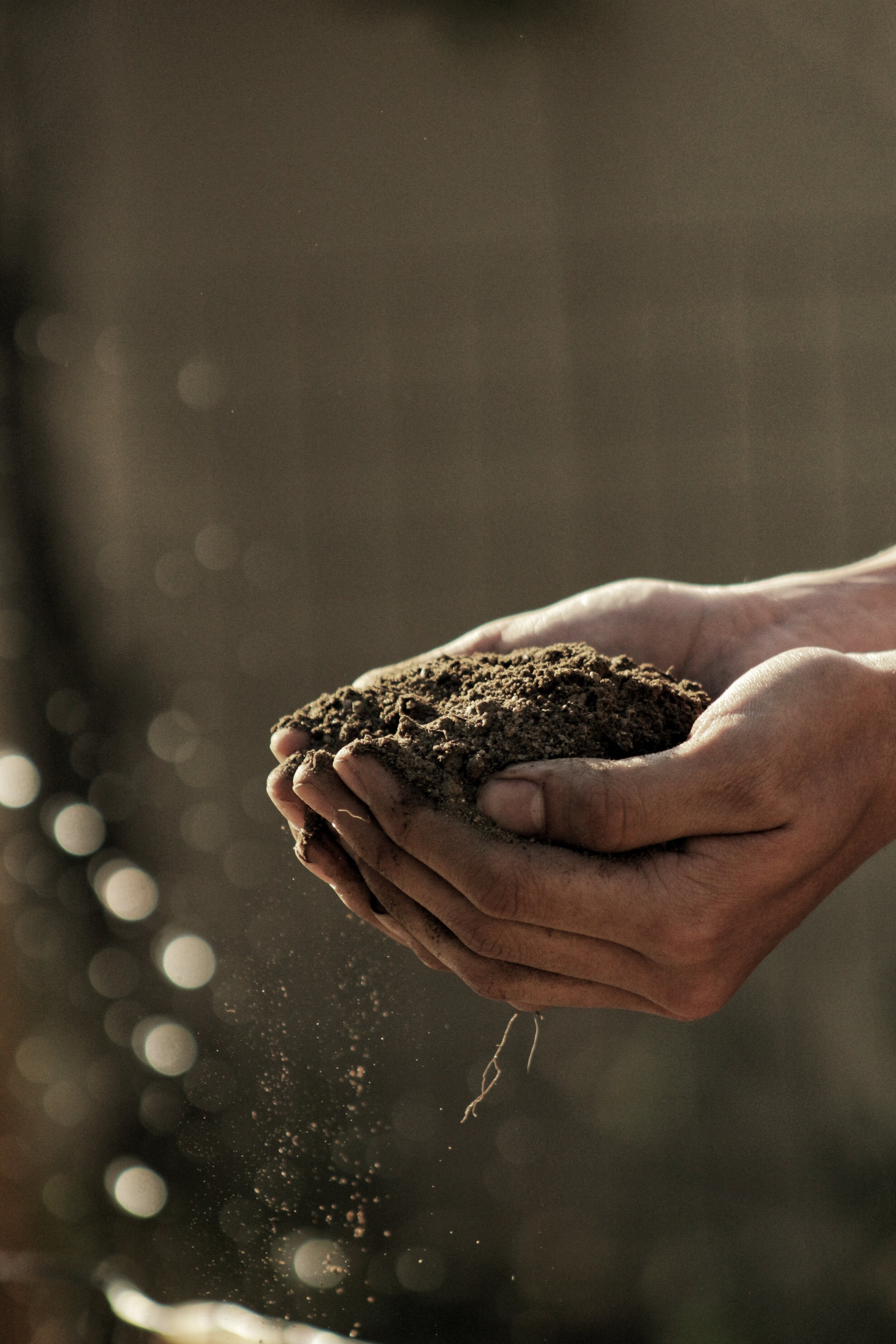In a tale from an AlterNative, Maria Dorthea Skov writes on Buddhist Retreat vs Lockdown
One of the core members in the A/UK team, Maria Dorthea Skov, has written this clear-water piece for our AlterNatives strand (focusing on personal stories about realising alternatives).
It’s about some ridiculous timing of hers: recently emerging from a long period of secluded meditation, into the unanticipated reality of the Covid shutdown. Much wisdom here about boundaries, awareness and our coming responsibilities.
Maria Dorthea Skov: Buddhist retreat vs Lockdown
As the Coronavirus started to spread throughout the West, I was in the latter part of a 10-week meditation retreat at a remote Buddhist temple in upstate New York. Yet somewhat aware of the virus’ outbreak in China, it was the last thing on my mind as I entered the last 4 weeks of complete silence.
In those 4 weeks the world and our lives took a big twist.
Back in the UK, in lockdown at a friend's house in North London for the time being, it feels as if I have come from one retreat, straight into another. Bear in mind, this situation is in no way as idyllic, pleasant and peaceful as my experience at the Buddhist temple. Yet I’ve found there are many parallels to be drawn and similar lessons to be learnt.
In Tibetan the word ‘retreat’ literally translates as ‘boundary’. It actually doesn’t matter how much meditation we engage in: if we do not set and keep boundaries we are not on retreat, as our Teacher explained. So at the beginning of each week of the retreat we were strongly encouraged to set, or re-evaluate, our boundaries - of body, speech and mind, as well as of technology.
The purpose of this is to protect our mind from distractions. When setting boundaries, we were making a determination not to engage in a certain mental, physical or verbal habit of ours because it takes us away from, or out of, our peaceful and present heart.
For example, checking my phone and replying to emails or messages too often, would take me away from the focus of the retreat, and lead my thoughts back to my life in London. So I only allowed myself to do that once a week.
We were given the analogy of a fence around a beautifully arranged flower bed. Without a fence, weeds will quickly start to grow amongst the flowers and destroy the serenity of the arrangement. A simple concept, so it seems. Yet it actually took me a couple of weeks, of trial, error and distracted meditations, before I fully understood its worth.
Photo by Jason Leung on Unsplash
To begin with I actually had a bit of aversion to the word ‘boundary’. I didn’t want to put limitations on myself, my actions or my desires. Who likes to do that, anyway? I personally like to be able to do whatever I want, how and when I want.
Instead of boundaries I came up with what I called ‘practise commitments’; things to do, or ways to think, which served to bring my mind back to a peaceful state once distracted or agitated. Although this was useful practise, it did not serve as protection. I neglected to put a fence around my flower bed and as a result I was constantly having to remove the weeds.
As the weeks went on, and I experimented with different boundaries, I directly experienced the value of setting and keeping my boundaries. My concentration in formal meditation improved and as I stayed with this experience in my heart between sessions I felt content and in the present. Then, my fence was strong and steady, so to say. It served its purpose.
In the process, I learnt a lot about my own mind and my habitual negative ways of thinking which in everyday life, with a distracted, unaware mind, almost seem justified. An example? My habit of judging the actions, choices and opinions of others if they don’t coincide with my own.
In the present circumstances of Coronavirus and lockdown, we all are living with boundaries. We can’t do the things we usually like to do. We can’t be with the friends and family we usually like to spend our time with. We can’t even leave our homes. We have, so to say, been fenced in. We did not ask for these boundaries, nor did we set them ourselves, yet we keep them to protect ourselves and others.
This situation is far from ideal for anyone (except for wildlife), but as we find ourselves here, what value can we extract from it? What is it telling us about our usual behaviour?
Are we in this situation because the boundaries of the Earth on which we live were broken and crossed? Looking forward, do we need to put boundaries on our behaviour in order to protect ourselves, our Earth and the those we share it with? Not to forget the many species of animals, both living in the wild and in captivity.
Photo by Anna Shvets from Pexels
We’ve allowed the weeds to completely take over and now we are having to constantly remove them to save the flower bed. Yet we can’t seem to keep it under control. Do we want to continue in this way or so should we set up a fence?
Now, as we’ve temporarily (presumably) stopped some of our collective destructive behaviours, it seems like the time to evaluate. To begin with, we can start with examining our own actions and set personal boundaries, if we wish.
When on retreat, through setting boundaries, I stopped some of my usual habitual behaviours, I discovered how they were not serving me well in any way. Some, like checking my email 50-something times a day, were actually completely unnecessary.
Following on from the retreat, I’ve made the determination to stop some of these habits and every week I renew and strengthen that determination or set an additional one. Some habits I have the strength to give up forever while others I can only abandon for a day or two. For now.
In the midst of the pandemic and our new lockdown/boundary lifestyles, have you found that some of the things you usually do but now can’t, actually didn’t serve you, or others, well? Are you discovering that you actually don’t need some of the things you used to get, but now can’t?
When the pandemic is over, what will you continue to not do to protect our Earth? What are you willing to give up, for the wellbeing of yourself and the other beings on this planet?
We’d love to hear your responses in “Comments” below. More in the AlterNatives series here.





